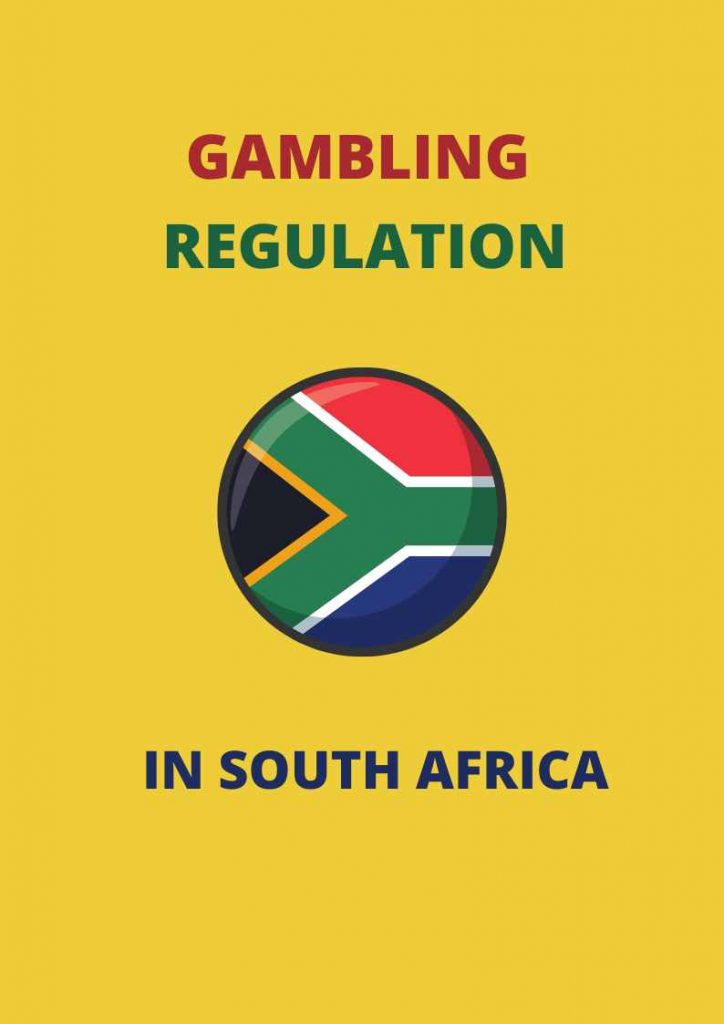
South African casino gaming has evolved significantly over the past few years. Advances in technology coupled with increasing interest in physical and online gaming are driving the industry’s expansion. The regulatory system implemented by the National Gambling Act of 2024 is, however, struggling to adapt to the surge of online gaming platforms.
While online sports betting and land-based gaming are legal, most forms of online gambling remain illegal. This creates a complex and somehow outdated regulatory environment. As the government and regulatory bodies encounter pressure to adapt, great changes to gaming regulations are on the horizon.
Here’s the breakdown of the current state of gaming regulations in South Africa and what future reforms could mean for the industry:
Current Legal Structure
The South African gaming industry is regulated by the National Gambling Act of 2024, overseen by the National Gambling Board (NGB). The act classifies gaming into valid forms, including:
- Limited payout machines
- Casino gaming
- Betting and horse racing
- Bingo
The gaming sector works under a dual licensing framework, meaning service providers must adhere to both provincial and National laws. Provincial Gambling Boards (PGBs) issue licenses and regulate activities within the specific regulations. According to the National Gambling Board of SA, online gambling is illegal under Section 11 of the National Gambling Act.
While the physical gaming zone has clear regulations, online gaming except sports betting, remains illegal in South Africa under this Act. These regulations sometimes push upcoming and existing players away from online casinos, but some companies have implemented strategies to retain players. For example, free casino bonuses on registration can motivate players to register and play longer.
The Increasing Impact of Online Gambling
The standard approach to gaming regulation has struggled to keep up with the rising popularity of online gaming websites. Though sports betting is licensed and legal online, all other forms of online gaming such as poker and online casinos, remain prohibited.
Despite the limitations, South Africans are increasingly signing up on international gaming platforms. This formulates a regulatory blind spot for the government. The move has caused concern over the lack of user protection, regulatory oversight, and the ability to collect tax revenues from these websites.
Recommended Regulative Reforms
The National Gaming Amendment Bill has been under review, with some anticipated key changes aimed at addressing the gaps in the present regulatory system. The proposed changes include online gambling regulations. As stated earlier, one of the most anticipated moves is the legalization of online gaming platforms beyond sports betting.
This could bring online casinos and other forms of gambling under South African jurisdiction. With online gaming being legalized, there would be stringed measures around responsible gaming, gamer protection, and age verification. The focus would be on minimizing gaming addiction, preventing underage gaming, and ensuring transparency from online gaming providers.
Additionally, the regulation of online gaming would enable the government to impose taxes on winning and the operators’ profits. This would help the South capitalize on an already flourishing underground market. Stronger measures are likely to be introduced to curb illegal gaming platforms, prospectively involving ISPs and financial institutions to block access to unlicensed operators.
Challenges to Reforms
Though the prospective benefits of regulating online gaming are clear, many challenges remain. Note that even with new regulations, enforcing them on foreign gaming websites will be challenging without international cooperation. Gaming addiction and its social impacts remain a significant concern, especially as access to gaming becomes easier through online and mobile platforms.
The process of passing the necessary legislative reforms has faced delays due to the complexity of the issue and competing interests in online games. Ensuring that minors do not access online gaming platforms is a great challenge, necessitating robust age verification systems.
Moreover, overhauling gaming regulations encompasses complex legal and political processes. Aligning various stakeholders’ interests can delay the implementation of new policies. There may be resistance from established industry political or player groups that could impact their interests or business models.
Proposed Reforms
Extending the scope of the National Gambling Act to include online gaming beyond sports betting. This would involve formulating new regulations for poker, online casinos, and other forms of online gaming. Besides, establishing a comprehensive licensing system for online gaming providers to ensure they meet regulatory standards and operate transparently.
Implementing mandatory responsible gaming programs for licensed service operators to help mitigate addiction risks and promote safe gaming practices. Moreover, strengthening age verification processes to prevent underage gaming, including technology-driven solutions to ensure adherence.
By addressing these challenges through proposed forms, South Africa aims to modernize its gaming regulations, protect both punters and website operators and harness the potential benefits of a regulated online gaming market.
What’s Next?
As of 2024, the gaming sector is waiting for the next steps in legislative reforms. It is expected that South Africa will follow global trends by regulating online gaming and bringing foreign operators into the fold. However, it remains to be seen whether the government will move quickly to implement these changes or if there will be continued delays.
The anticipated changes in South African gaming regulations are imperative not only for the country’s revenue collection but also for ensuring that gamers have access to fair and safe gaming environments. As the situation evolves, the push for reform highlights the balancing act between modernization, economic growth, and social responsibility in the world of gaming.
Conclusion
The South African Gambling landscape is experiencing a great transformation, with online gaming likely to experience greater regulatory oversight. The changes will provide both challenges and opportunities as the country strives to modernize its gaming laws in line with international standards while addressing local concerns. The next few years will be critical to stakeholders as the government works to strike the right balance between industry growth and protecting its citizens.
